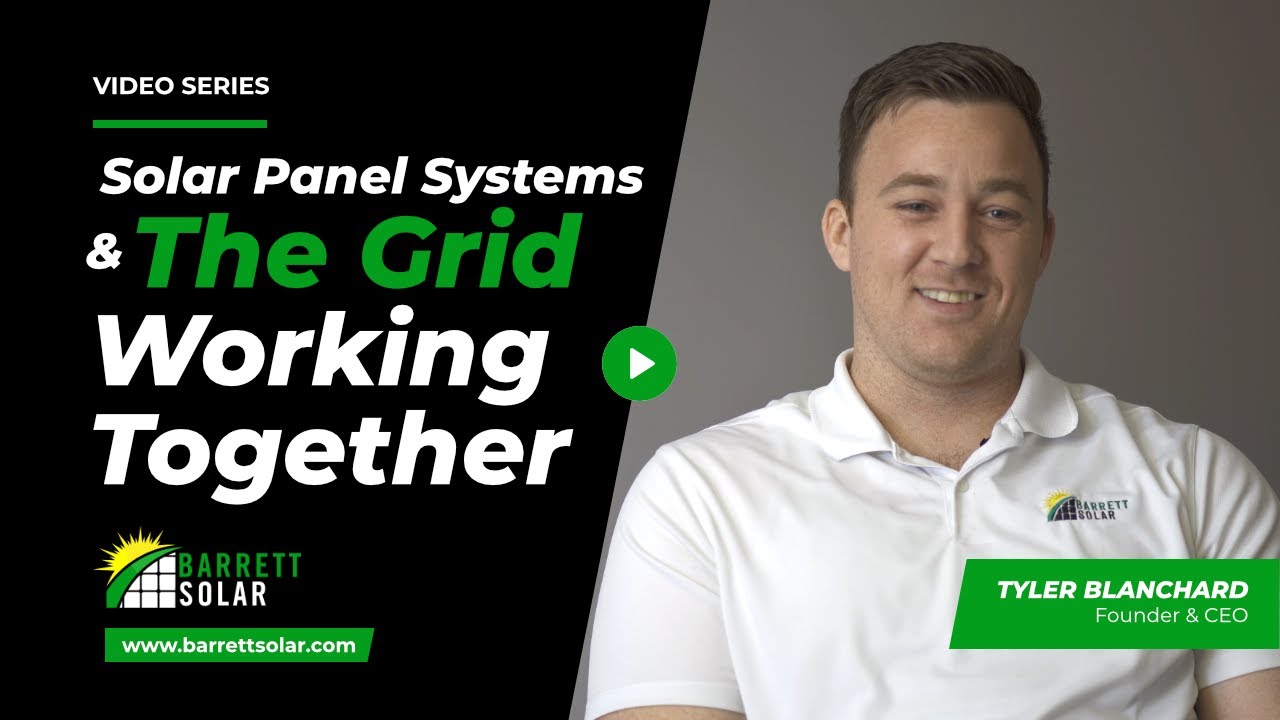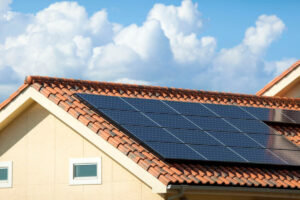One of the more confusing concepts for those considering investing in solar panel systems is how those systems will eventually work with the grid. In just about any location where solar panels are installed on or around residential homes, the local electrical utility provider will have final jurisdiction over the system, and will require it to be integrated with the grid, or “grid-tied”.
Grid-tied solar systems will have the ability to offset their monthly energy bill by producing more energy with their solar array than the home uses, and while this sounds great, there are two types of grid-tied systems that generate different benefits for the homeowner.
Utilities Provide Interconnection For Solar Panel Systems
Once your solar panel system has been installed, whether you paid for the system fully in cash and now own it outright, or if you chose to finance your solar system over several years, it must be inspected by the authority having jurisdiction, or AHJ. This will generally be your local utility company, though in some situations it may require county officials.
From the time the installation is completed, they will have 30 days to inspect the installation and to install a meter compatible with the power generation equipment that will allow it to interface with the utility companies’ equipment, as well as allow for bi-directional power movement.
Solar Panel Systems That Use Net Metering & Billing
Net metering and net billing is the most popular and effective way for power utilities to allow their customer to offset their monthly energy cost. How net metering works is that no matter what time of day or season it is if your home is producing more energy than it is consuming, it essentially moves your power meter in the opposite direction.
This offset is tracked throughout the month, and at the end of the billing cycle, the difference between the power used and the power generated is the amount the customer is billed for. This net billing method basically prices all energy the same, whether you produce it or get it from the utility, and the more you produce the less you end up paying for every month.
Parallel Generation Is An Alternative Method Used In Some Locations
Parallel generation is generally less popular than net metering, though there are some utility providers who do not offer net metering and only allow parallel generation. This type of power generation tracks the amount of energy that is put into the grid by the homeowner’s solar equipment, and the power produced is paid out at a wholesale rate by the utility company.
This leads homeowners whose utilities only offer parallel generation to earn lower returns on their investment, though over time the benefits are still significant. The primary difference between parallel generation and net metering lies mainly in the prices and credit that the homeowners are given for the power they contribute back to the grid. Parallel generation credits only the wholesale energy price to the consumer, which is often lower than the credit or energy price given to customers on net metering.
Trust Barrett Solar To Get You Closer To Energy Independence
The biggest step toward becoming less dependent on the local power utility companies is to call a local solar expert for a free quote on a solar system for your home. Investing in solar panel systems can not only decrease your monthly energy bill to nearly zero, but it also can help you insulate yourself from the constantly increasing energy costs of power companies that hold so many people at the mercy of their pricing plans.







